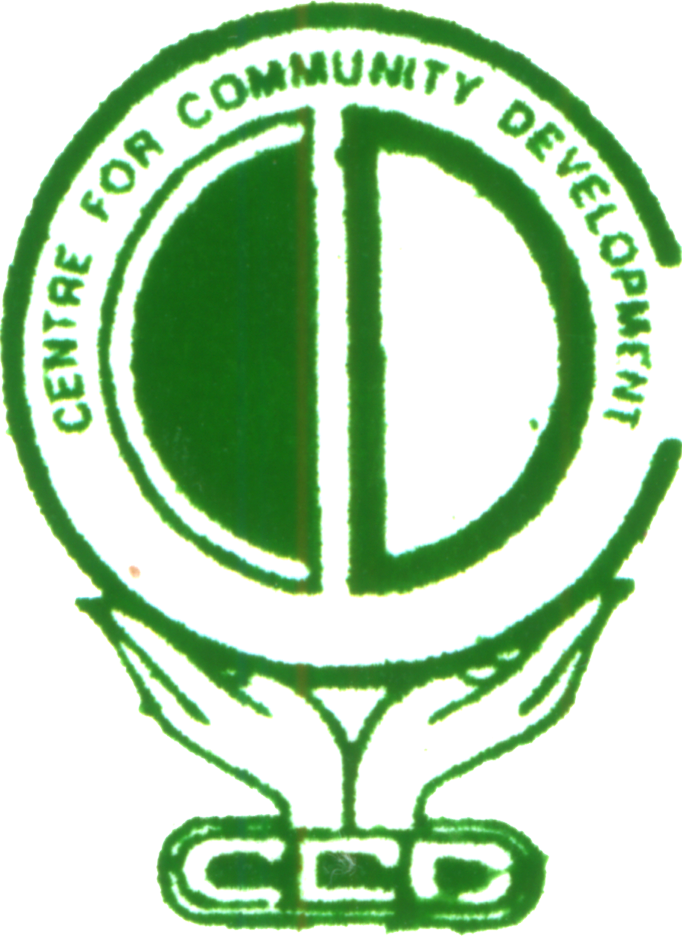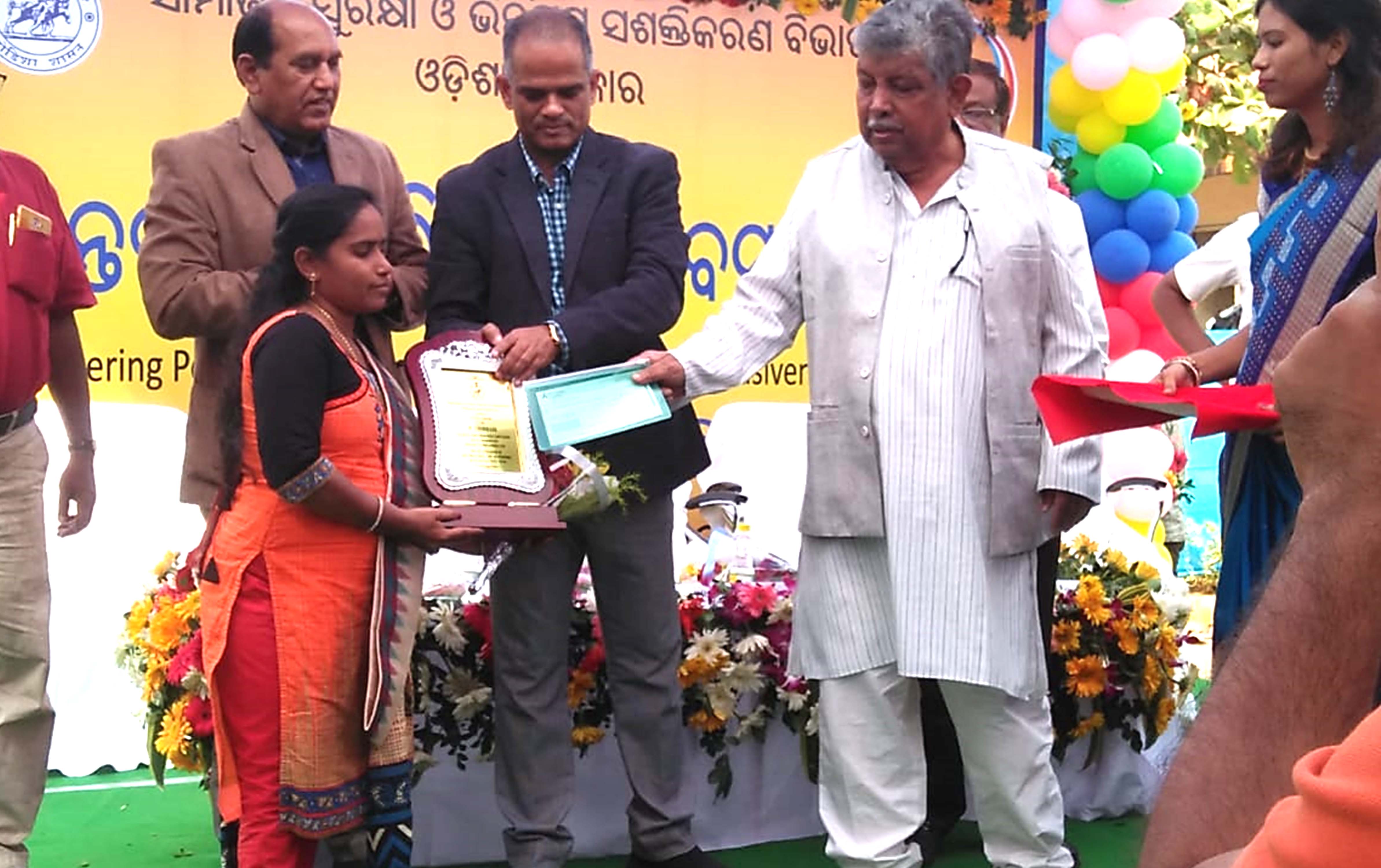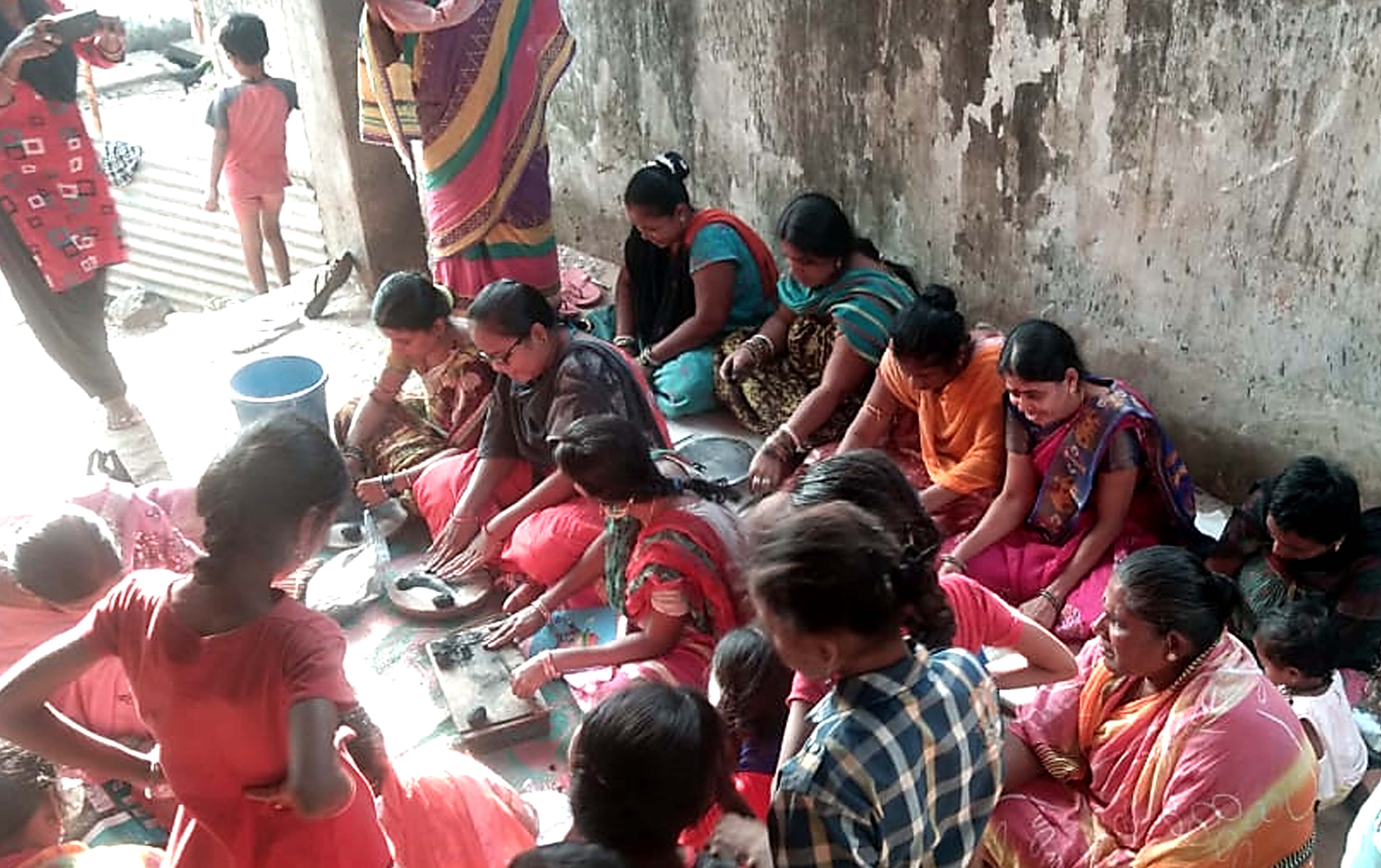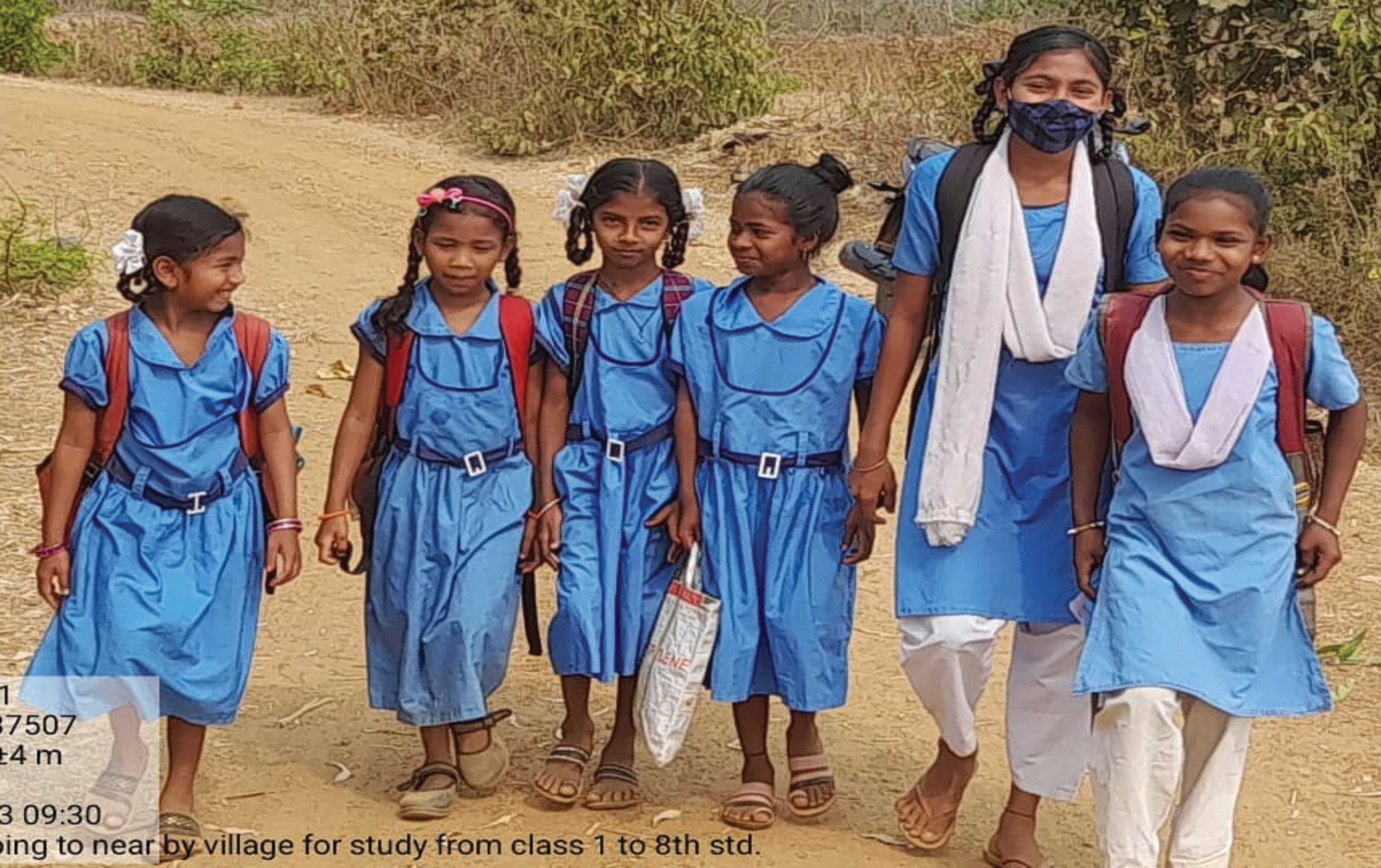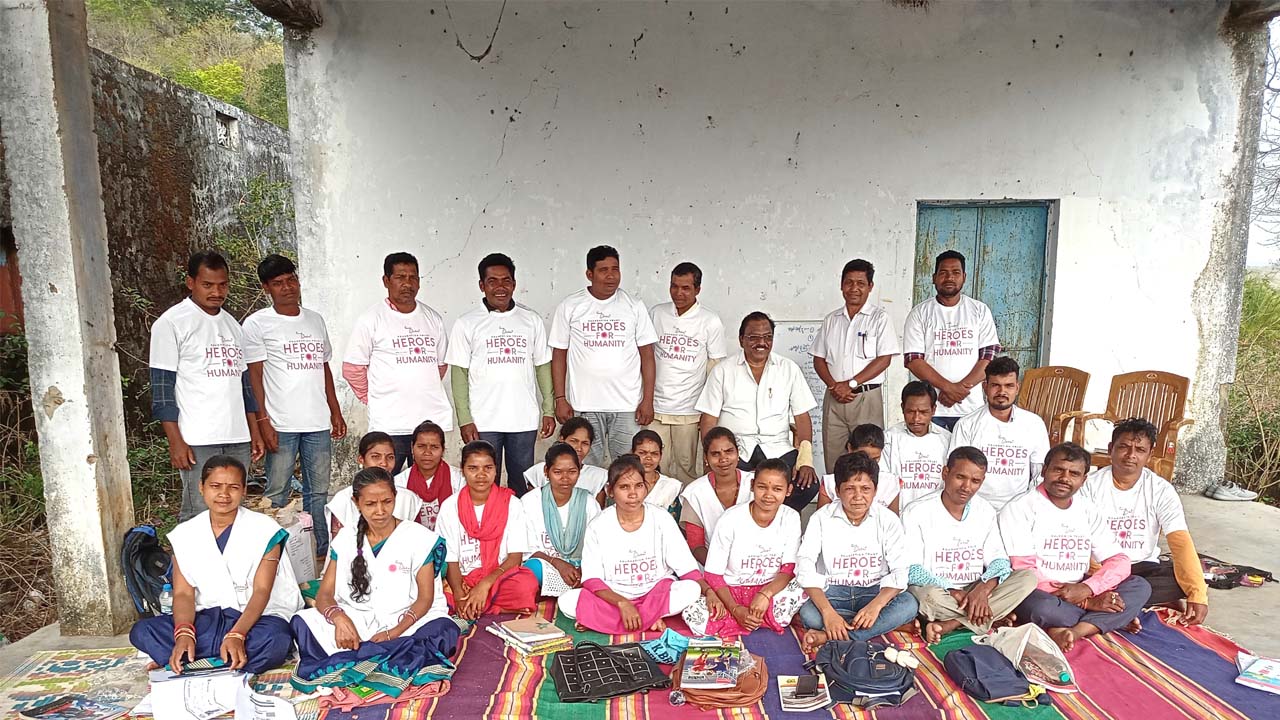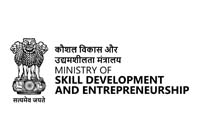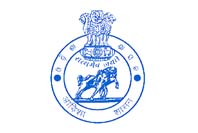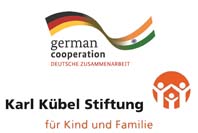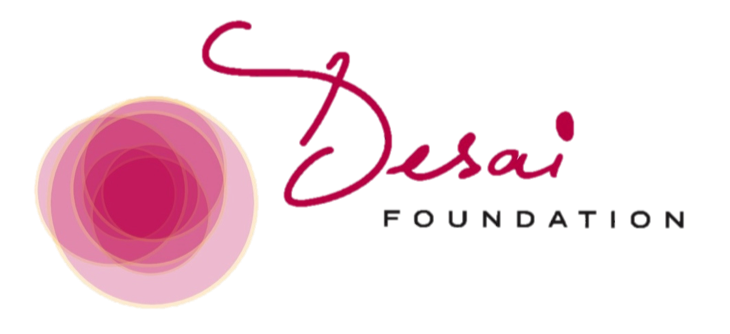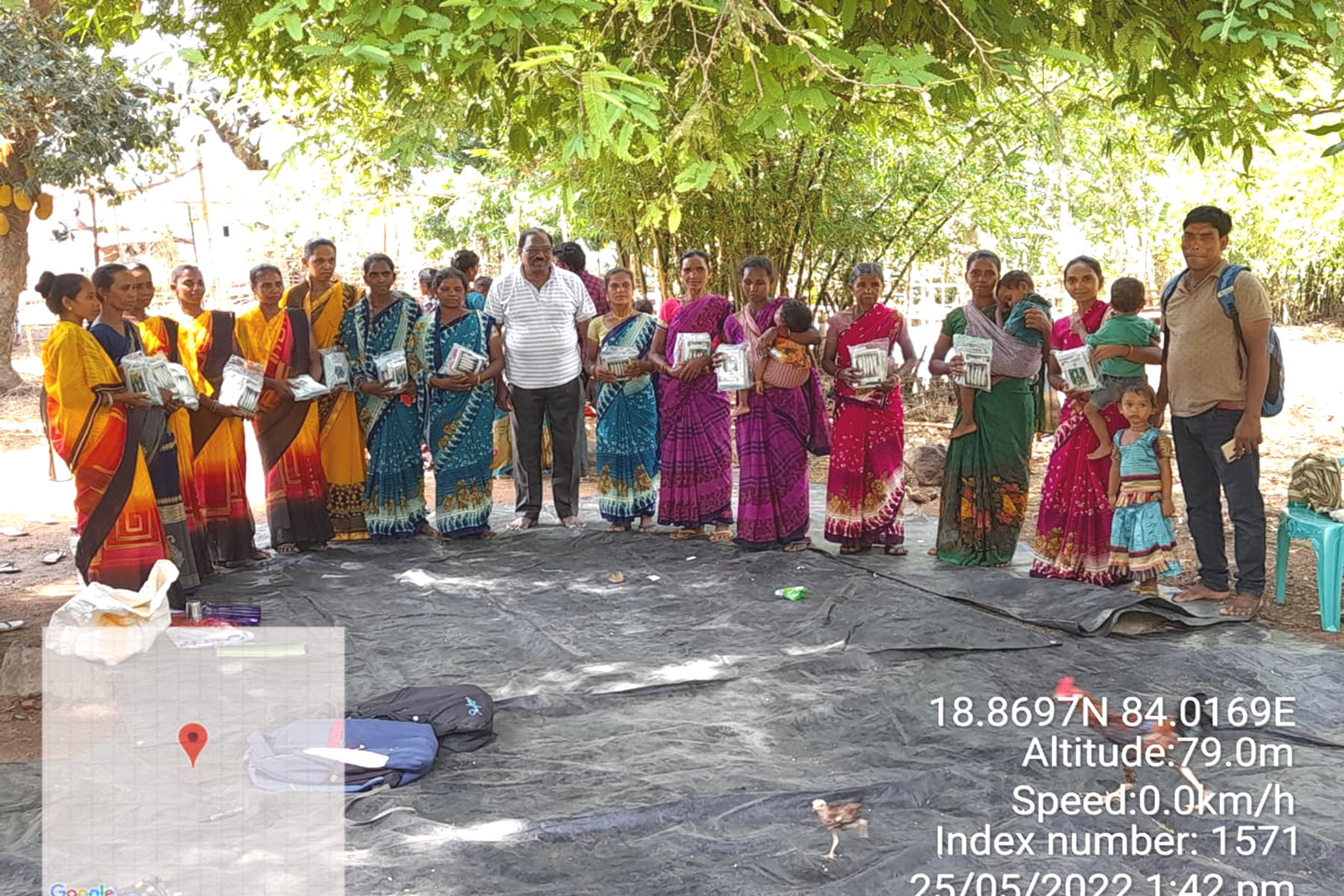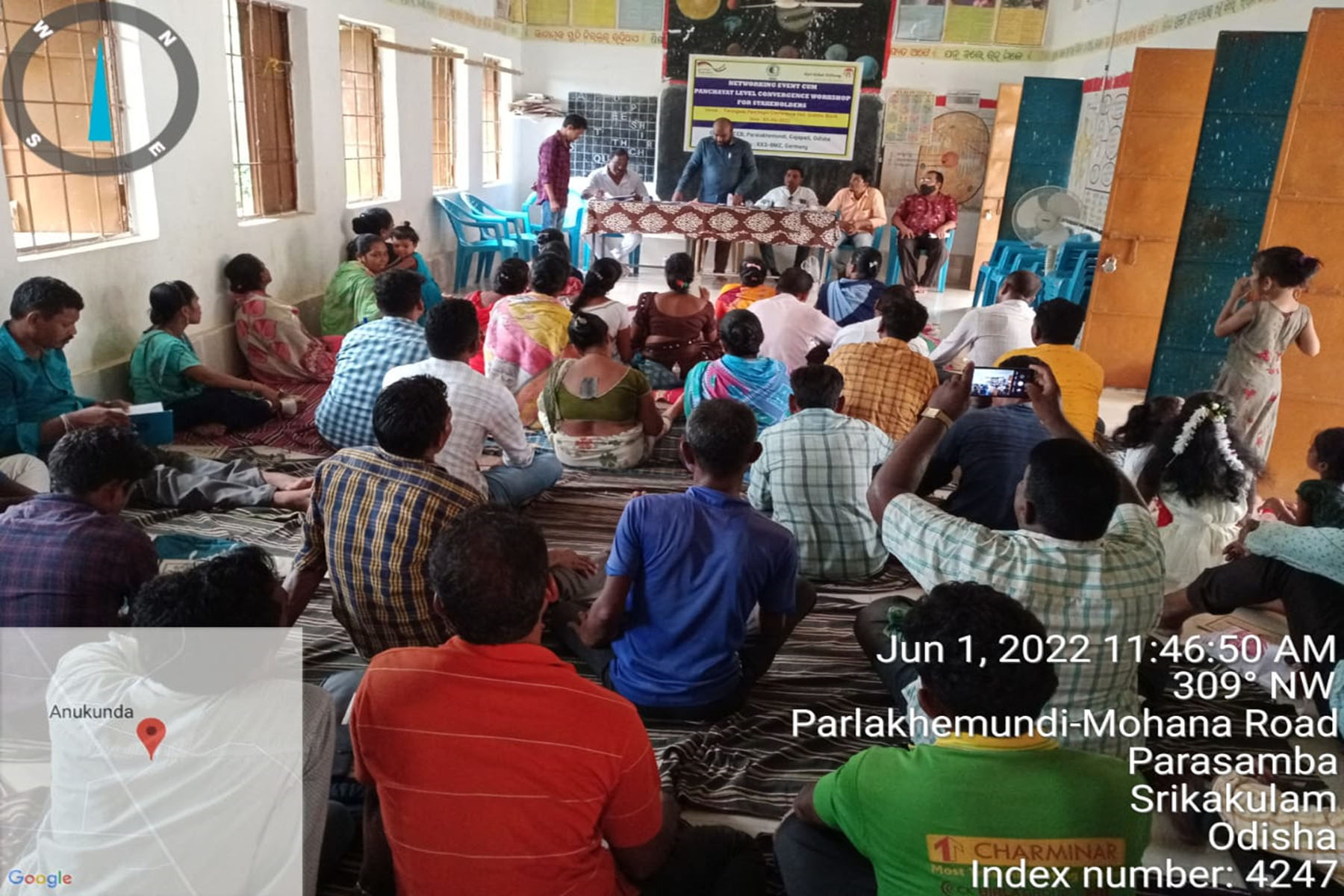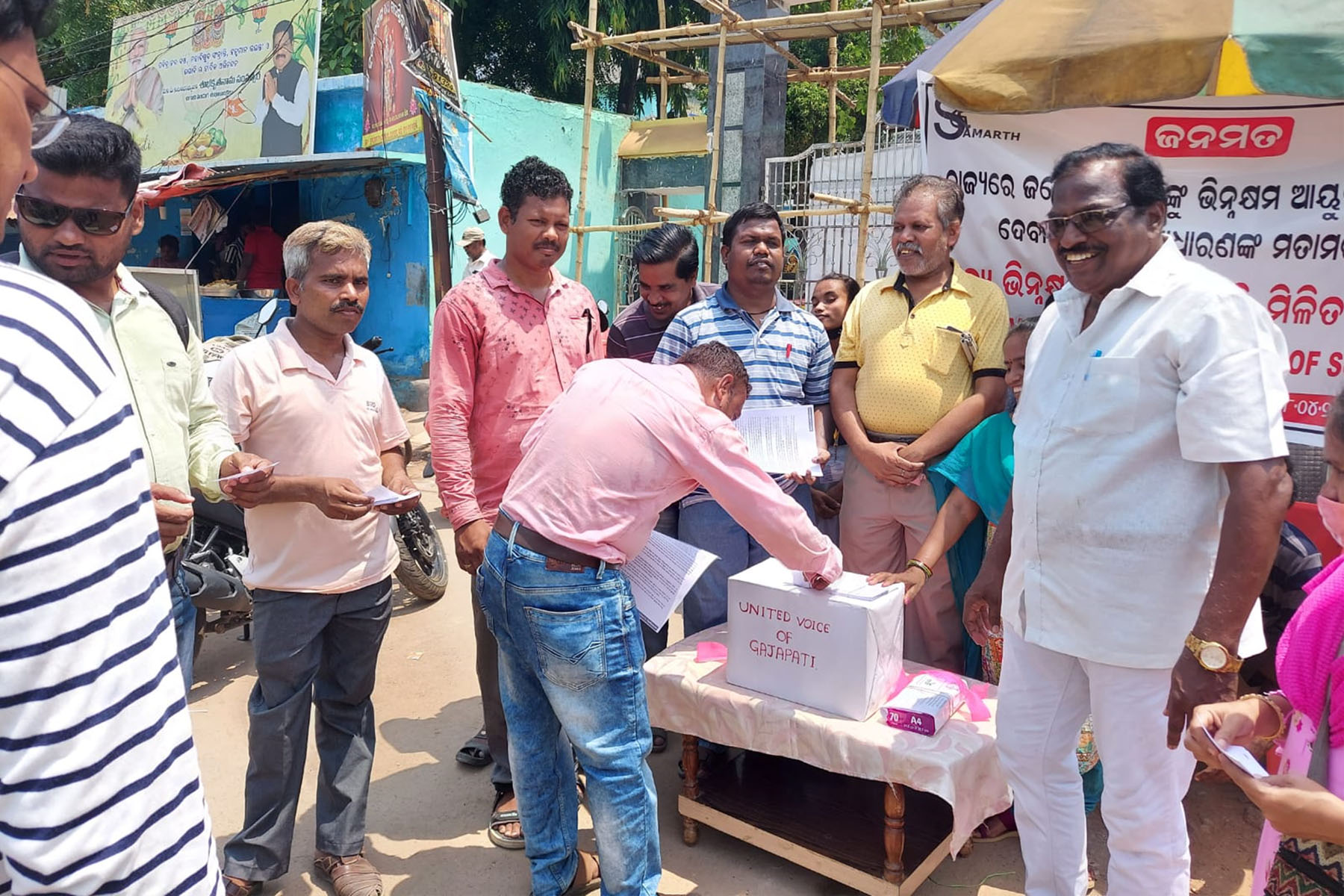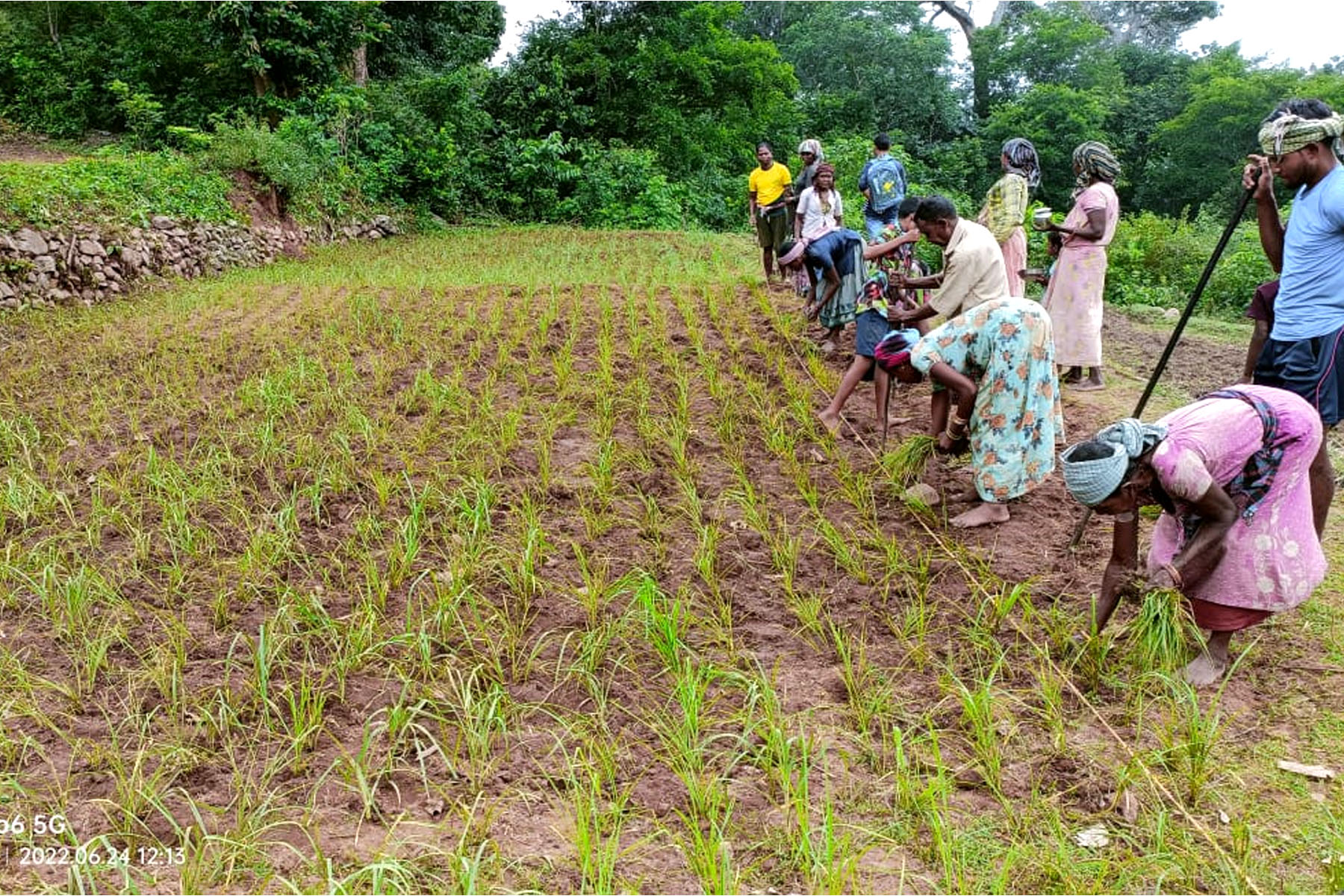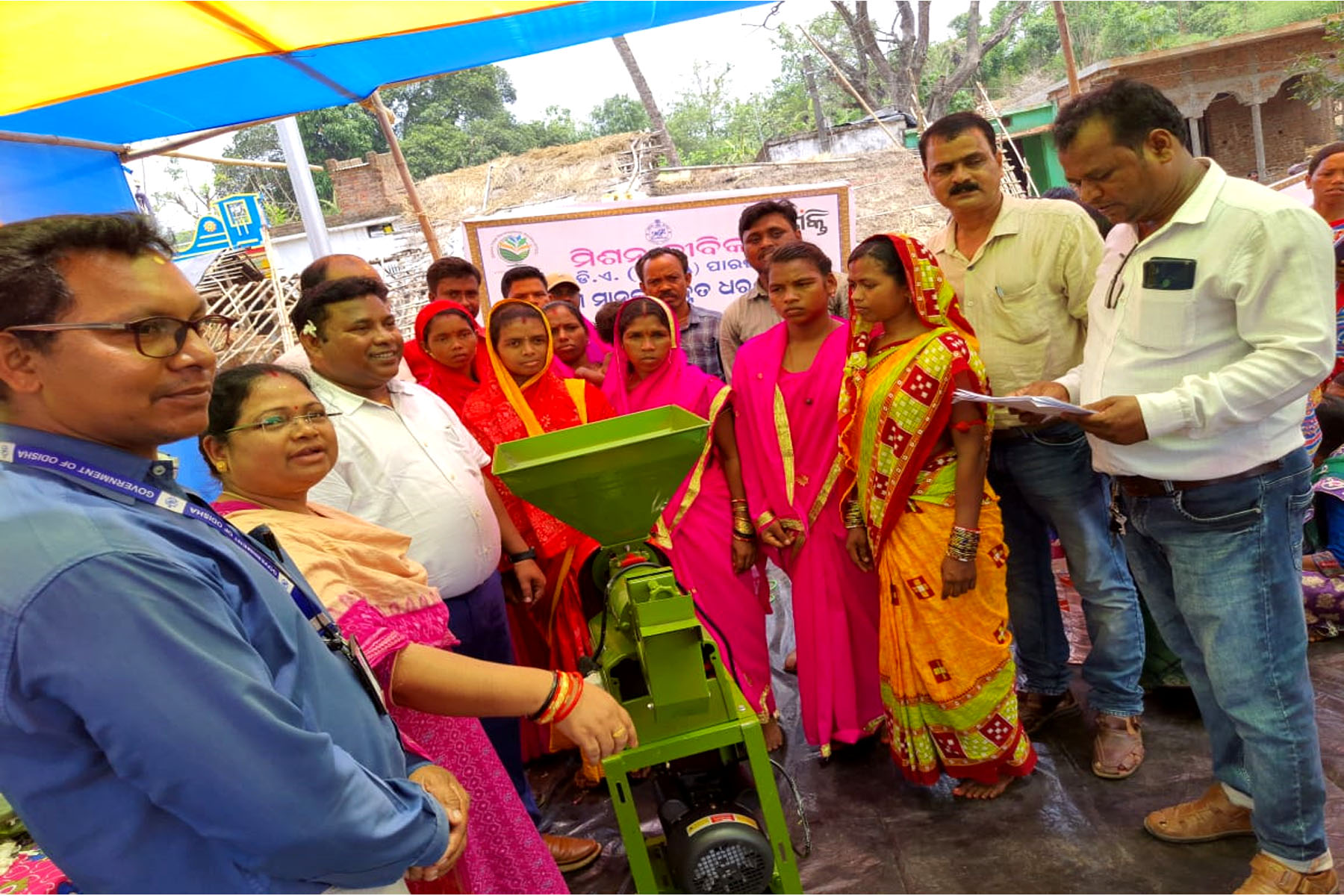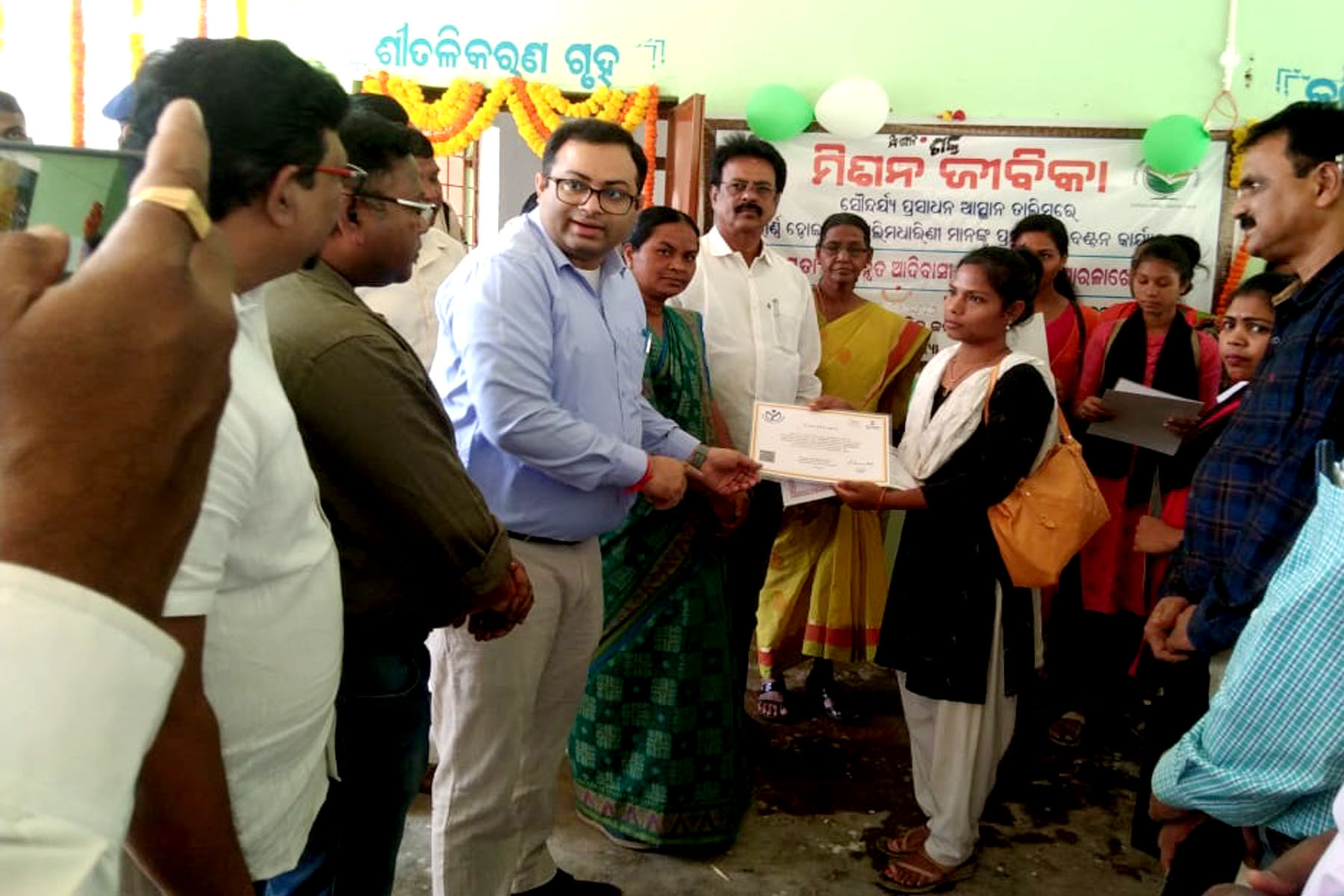Mr A Jagannadha Raju promoted an organization in 1978 namely Kimidi Multi Development Society (KMDS) for 14 years rendering services to poor and downtrodden tribal communities to improve their livelihood, land rights, and forest rights, with a right-based approach. He initiated the movement against tribal land alienation by non-tribals and had a long struggle and was able to bring back 80 acres of land to the tribals and also sensitized the tribals on Forest Land Rights. There was lot of pressure on KMDS by the politicians, bureaucrats, landlords, and non-tribals. Thereby the administration was restricted to take up the Right Based Approach for sustainable development. This panic situation compelled Mr. A Jagannadha Raju to quit KMDS and start a new organization in the year 1992 in the name of Centre for Community Development (CCD).
Mr A Jagannadha Raju gas started his own NGO in the name of CCD in the year 1992 transforming the long-standing experiences and innovative ideas for the holistic development of the tribal communities with the help and cooperation of like-minded people for natural resource management. At the initiation, CCD was working in only 16 villages in Gumma Block and gradually it has extended to 508 villages in 7 blocks of Gajapati district with more focus areas.
Mr. A. Jagannadha Raju, the Founder and Secretary of the Society is having 44 years of concerted experience in the field of the social development sector working with the tribals, Dalits, and vulnerable sections of the community emphasizing women and Persons with Disabilities. Presently, the organization is working in 508 compact tribal and non-tribal villages of 129 gram panchayats of Gumma, Kasinagar, Gosani (Paralakhemundi) Nuagada, Rayagada, R.Udayagiri and Mohona Blocks of Gajapati District.

CCD aspires for an alternative self reliant just society where people and children can grow with self dignity, free from exploitation, oppression and gender bias and harmony with nature and self governance.

CCD enables to empower target community through capacity building encouraging their fullest participation, building up Community Based Organizations leading towards sustainable development, promoting effective natural resources, inclusion education, gender equity and sustainable livelihood initiatives emphasizing on participatory, democratic and transparent governance with holistic approaches.

- Empathy with the Poor & Persons with Disabilities
- Commitment & Gender Equity
- Integrity
- Good Governance
- Transparency & Accountability
- Sustainability
- Inclusion
There is a decentralized decision-making process in CCD with an efficient Governing Board. At the organizational level, the Core committee is the apex-level decision-making body. It consists of the Secretary CCD, all the project coordinators, accountants, the document associate, and other senior staff. The committee meets every fortnight to review the progress of different projects. It takes all the decisions regarding the organizational affair. Apart from this CCD is guided by effective policies which are also being reviewed periodically
